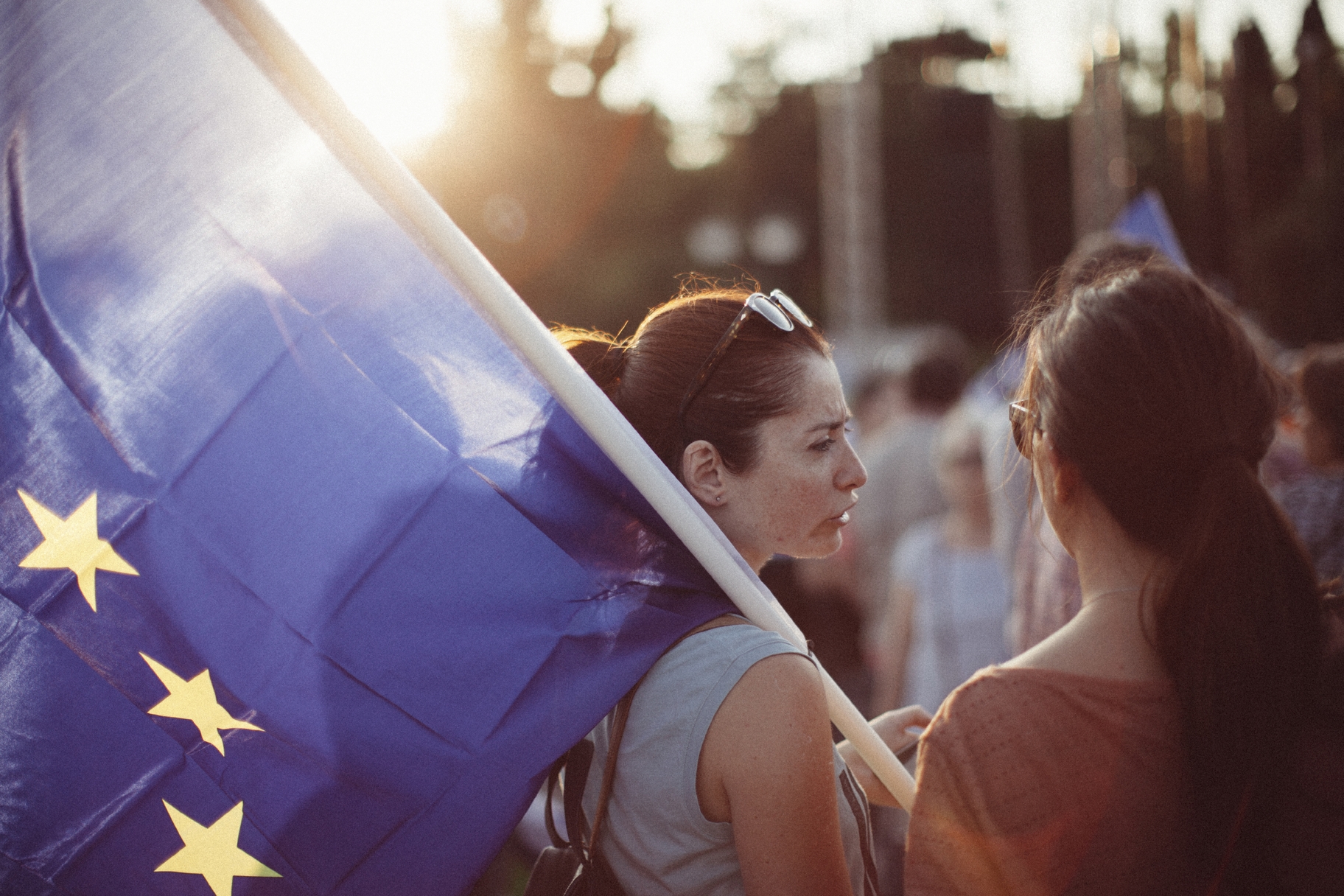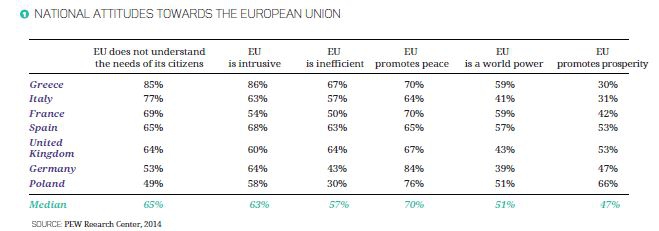
Read the original on the French-language website.
That the EU is at a crucial moment in its history there is little doubt. Not only is its single currency shaken, it is confronted with growing instability at its periphery. What’s more, its economic and social integration
is at a standstill, and it faces a crisis of legitimacy.
All of these difficulties run deep and cast doubt on the viability of the European project and its common policies and institutions, built up successively over seven decades.
While they have been brought to the fore by an economic crisis of global reach, their roots lie in the uncertainty and disagreement as to how to move the European project forward.
Like their fellow Europeans, the majority of French people seem decided against the EU moving towards more integration. At the same time, they are equally opposed to rolling back progress made or accepting the unsatisfactory status quo.
Given this apparent paradox, a new balance has to be struck between integration when the collective interest calls for it, respecting national sovereignty where it should prevail and ensuring more effective institutions
where they are deficient.
France’s partners are currently outlining their way forward in the EU. So too must France, looking beyond its ambiguities to put forth a coherent project.
The 2017 presidential election provides French citizens the occasion to collectively choose the future they want for their country in Europe. What they decide will have a significant impact on the future of the European project itself.






